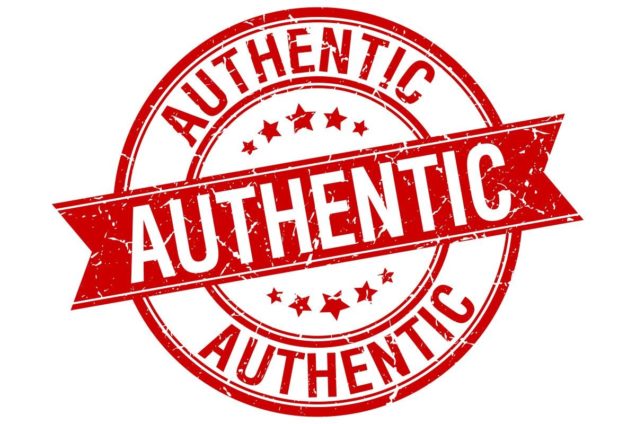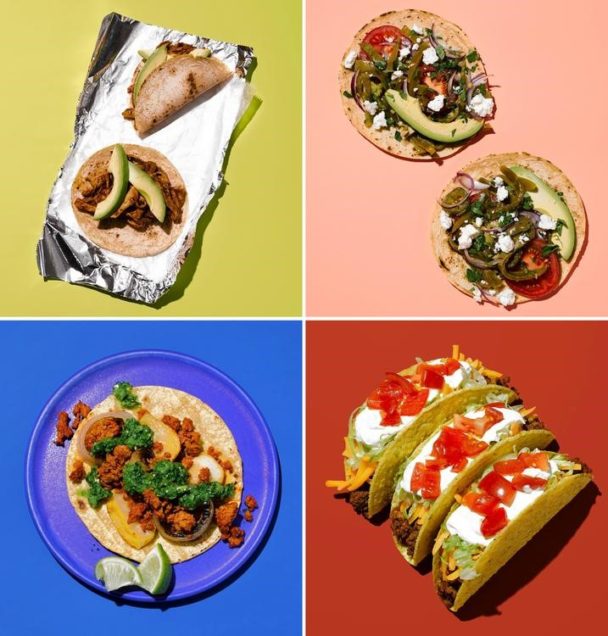It’s Time to Let Go of Authenticity
We conclude our series from our summer Anthropology of Food class with this post from Erika Bartucca.
Since reading the ethnography Eating Korean in America (2015), I have been plagued by the elusive concept of authenticity. Sonia Ryang writes about her experience as a Korean, having been born in Japan and moving to the United States, through a series of gastronomic experiences in America. She continues to question herself and others, trying to figure out what authenticity truly means and if something can really be authentic if it’s prepared outside of its original geographic boundaries.
This reading got me thinking about our obsession over authenticity in a broader sense. Today we have Netflix gastronomists like David Chang and the late Anthony Bourdain taking us on culinary journeys around the world in search of cultural and philosophical meaning through food. They have opened our eyes to the world of possibility, igniting passions for travel and taste in us all. Unfortunately, these shows have also manifested an idolization for the authenticity label. America’s rising millennial foodie culture looks down on others with pity for not having experienced “the real deal.” Claiming authenticity has just become another way to divide people in a world that doesn’t need any more division. Are you really telling me that my taco isn’t authentic just because I got it from a food truck in Boston?
Sure there are some people that use the authenticity label to preserve their cultural traditions. It becomes a problem when people try to limit who can prepare and eat certain things in different places. Food is constantly changing – cultural transformations influence the way we prepare our meals all the time. Once upon a time, we were all eating the same things. Globalization, environmental changes, and technological developments have helped us shape our foodways into what they are today. Take any dish far enough back in time and you can start to see claims to “authenticity” break down. Sonia Ryang did this with one of Korea’s favorite foods, kimchi. Chilis weren’t native to Korea but are found in the national staple. Does the presence of chilis exclude kimchi from being considered an authentic Korean dish?
Whether it’s limiting foods to their national borders or preventing people from making foods outside of their own heritage, our obsessive search for authenticity is having a negative effect on society. It is discrimination under a veil of nationalism. It discourages creativity and keeps people from enjoying foods just because they taste good. Why can’t I enjoy sushi made by a Mexican man in New York? If it tastes good and he isn’t trying to claim that he invented sushi, who cares? We should be embracing the fact that the globalization of food cultures has the opportunity to bring about cross-cultural awareness and acceptance. Food has the power to transport our minds to other parts of the world; we should let it.
Works Cited
Ryang, Sonia. 2015. Eating Korean in America: Gastronomic Ethnography of Authenticity. Honolulu: University of Hawai’i Press.